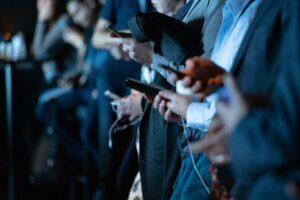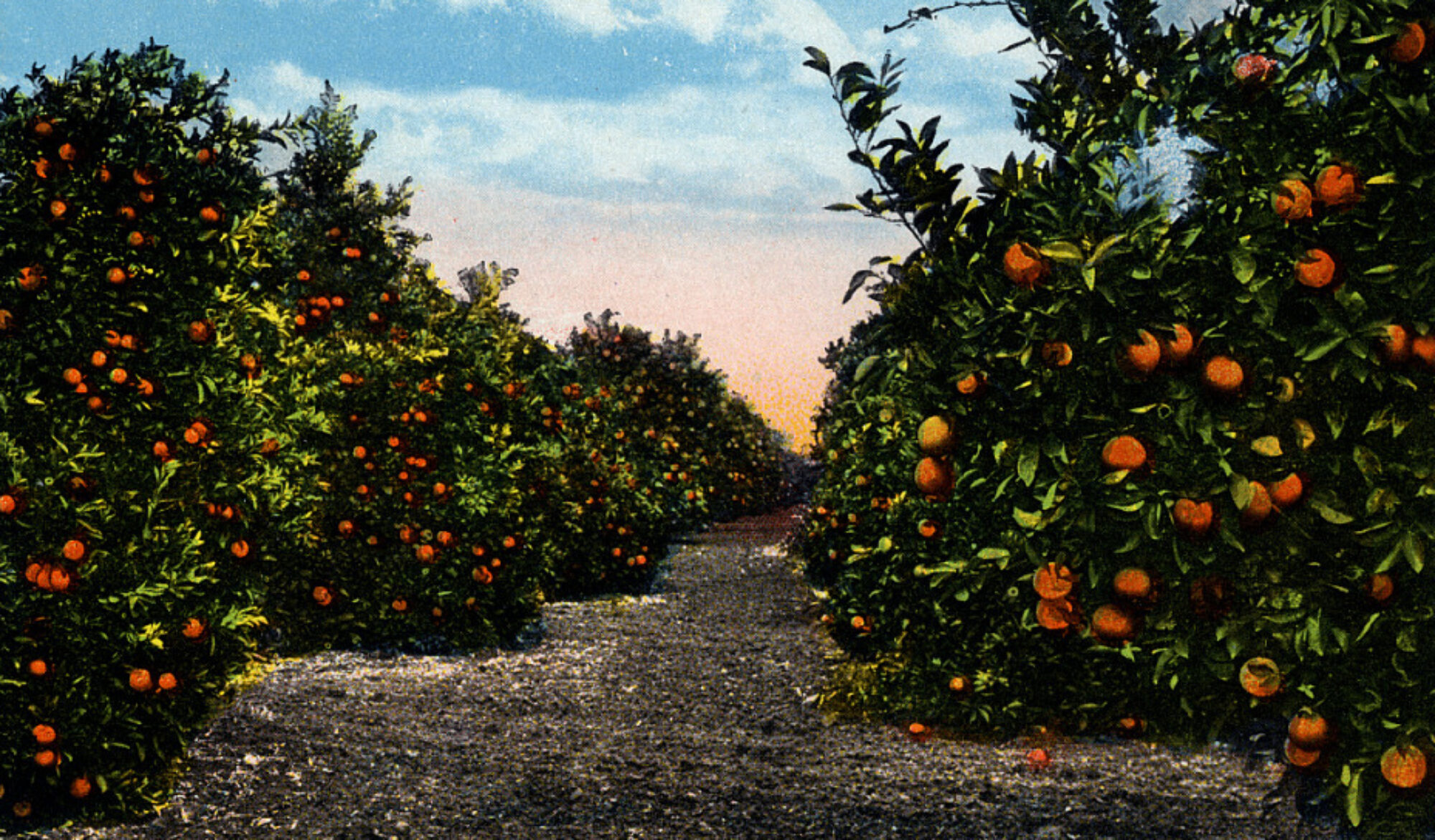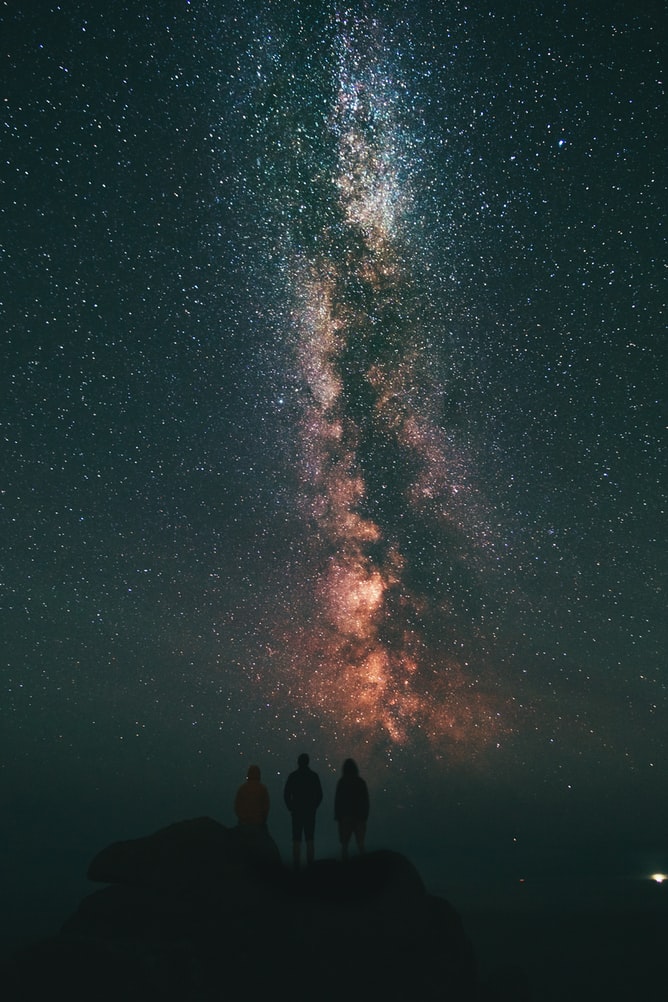
What is Digital and Media Literacy?
According to Common Sense Media, an independent, nonprofit, researched-base website designed for parents and educators to keep kids safe and informed in a media-driven world, digital/media literacy is “the ability to effectively find, identify, evaluate, and use information” and “specifically applies to media from the internet, smartphones, video games, and other nontraditional sources. Just as media literacy includes the ability to identify media and its messages and create media responsibly, digital literacy includes both nuts-and-bolts skills and ethical obligations.”
Since beginning to teach college composition courses right in the midst of the 2016 election cycle, I have made media literacy a prominent part of my curriculum. It has, of course, evolved each semester as the focus on identifying “fake news” articles and websites pivoted to a focus on understanding sensationalism and credibility. Somehow, through this pandemic, the importance of media literacy has not only ballooned, but shifted again as we wade through misinformation and conspiracy outbreak in a post-truth era.
Why is Media Literacy so important?
Media literacy education has never been more important. It is our responsibility as free citizens to diligently work to identify bias in our own media consumption, especially before we hit “share.” Bias is engrained within human nature—it’s what we do with it that matters. If we ignore our own biases and feed only agreeable information into our echo chambers to stay comfortable and affirmed, we remain ignorant. However, if we exploit the biases of others for personal gain or affirmation and inflict harm, or perpetuate that harm by proxy, bias can be especially dangerous.
“Truth” is not defined by “What I want to hear.” Think: do you only go to doctors that tell you you’re healthy? Do you choose to only listen to the experts that support your worldview? Have you ever explored your own personal narrative to determine WHY you hold that worldview in the first place, and then actively break it down to understand the gaps within your own vulnerabilities to exploitative media?
This misinformation crisis can be analyzed, and has been reflected upon in American society, many hypothesizing how we began thinking that we know more than experts—and while research is within my personal expertise as an academic and educator, the very beautifully democratic way we create and access information has become our own ouroboros, exploited by those in power or those that want to be. Between YouTube, Fox “News” commentators, and our reality show president, the information sector of the internet has evolved into a full-on ratings grab. Like kids taking tide pods for likes and viral fame, misinformation is used as a tool for personal and financial gain, accomplished through textbook manipulation tactics often used by abusers, cult leaders, and snake oil salesmen. They prey on the need for promise, and then position themselves as the only one to believe, feeding into vulnerability and ego simultaneously. Viral misinformation has spread like a wildfire since the pandemic, and they all know it: it’s a seller’s market.
The issue is, it’s no longer just your retired family member watching Fox News for 10 hours a day who has become brainwashed by extremist propaganda that you can politely unfollow on Facebook. The radicalization of media consumers on all platforms is as widespread as the global pandemic itself, the dark corners of the internet becoming more accessible and mainstream than ever. By taking advantage of the phenomenon that drives people to want to “go viral” (irony not lost on me), those putting a megaphone to their mouths and spreading misinformation will get people killed. As a result of this phenomenon, likely fueled by more people at home consuming news while zipped into their technological devices, many succumbed by curiosity, fear and a desperation to make sense of the world, there have been several official statements condemning misinformation that has spread by doctors and medical professionals who need to clarify things. This is dangerous. This is a public crisis.
Our Personal Responsibility
However, all is not lost: we are still free citizens and our access to information allows us the opportunity for social responsibility. As a teacher, I am readjusting and adding a LOT of material for my classes in the Fall—I think I have added about a dozen resources, lesson plans, and approaches to necessary media and digital literacy in the past two weeks and Spring semester hasn’t even ended. One resource that can certainly assist in a communal agreement to liberate our society from fake news and predatory misinformation is this Media Literacy Certificate from PBS. While this simple certification process is created for educators (and librarians, tutors, etc) and targeted at K-12 teachers specifically, I believe can be of great value for everyone: teachers of all levels, parents, those of us who have friends or family members who consume entertainment news or turn to YouTube for “news,” as well as for ourselves to stay informed and safe as regular media consumers. It is FREE and there are also some great learning resources in general on this landing page through the KQED Media Academy.
Other really useful sources include: the Teaching Tolerance website, which takes digital literacy a step further to specifically combat injustices in the classroom by empowering young learners with the tools needed to gather information safely and ethically; and Metabunk, a site “dedicated to the art and pastime of honest, polite, scientific investigating and debunking.” As conspiracy becomes less UFO (since I guess that’s a real thing, now), and more as a means to divide and conquer while keeping those in power profitably in power, the Conspiracy Theory Handbook outlines how conspiracy theories spread, why they are harmful, and effective responses to those who have lost themselves down the rabbit hole.
This very short list is non-exhaustive, and this entire blog post is but a fraction of understanding digital literacy in all its facets—fact checking, for one, is its own lesson. However, we must first identify the problem so we can properly face it. This is step one. Will you join me?
For educators: What are your go-to resources when strengthening media literacy in your students?
For parents: What age-level conversations have you had with your children?
For everyone: What have you done to ensure you are consuming media healthily?
Media Literacy Activity Self-Check:
In a longer freewrite, explore your own worldview and inquiry WHY you hold that worldview in the first place. Is it your upbringing? Your geographic location? What media sites align with this worldview, and how often do you solely look to those sited for affirmation or comfort? Finally, try to actively break down your personal narrative to understand the gaps within your own vulnerabilities: what parts of your experience do you think leave you open to exploitative media? How can you protect yourself from your own bias to be exploited and manipulated and remain educated?


